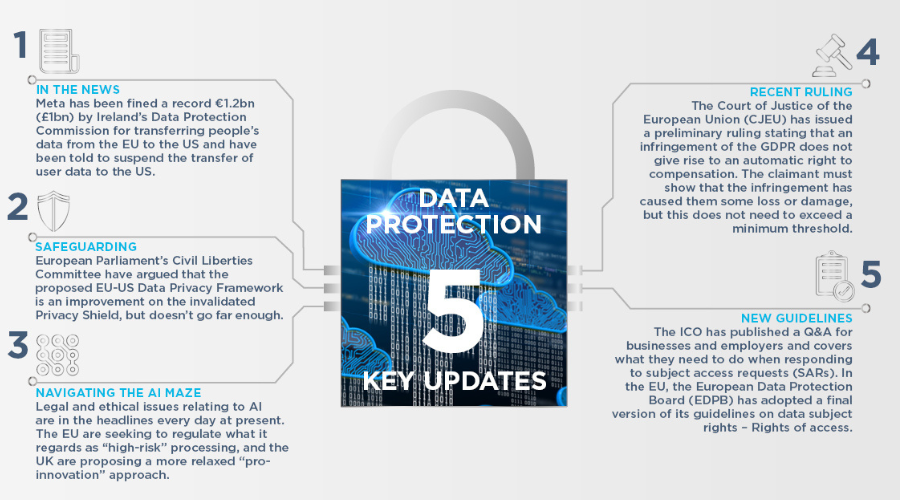The Central Bank (Individual Accountability Framework) Act 2023 (the 2023 Act) was introduced in March 2023. At the same time, the Central Bank began a three-month consultation process with interested stakeholders regarding the implementation of the 2023 Act which ended on 12 June 2023. Core elements of the Act will be introduced in December 2023 and July 2024. Draft guidance and regulations were also published in March 2023 to help mobilise the provisions of the Act.
In this article, we touch on the main provisions of the Act which may give rise to some employees being entrusted with a heavier burden of responsibility leading to more demanding and time-consuming tasks.
Background
Investigative reports such as the Nyberg report, the Honohan Report, and the Banking Inquiry Report looked into the causes of the banking crisis in Ireland in the first decade of the 2000s. Amongst the problems that were highlighted in those reports were:
- an absence of proper regulatory structures,
- a failure to maintain secure banking practices, and
- a systemic reluctance to prevent foreseeable problems.
The Central Bank Reform Act, 2010 (the 2010 Act) and the Central Bank (Supervision and Enforcement) Act, 2013 (the 2013 Act) were introduced to establish more rigid regulatory and supervisory frameworks within the financial services sector.
Efforts to avoid repeating mistakes of the past were advanced further in March 2023 when the 2023 Act was signed into law.
The 2023 Act: Individual Accountability
The more notable changes introduced by the 2023 Act revolve around persons in a registered financial services provider or firm who perform a Pre-Approval Controlled Function (PCF). A PCF is needed in situations where an individual's duty is so significant that it may influence the conduct of the affairs of the financial services provider or firm.
Controlled functions including PCFs are not new concepts. However, the 2023 Act has shifted the level of responsibility placed on a PCF holder. The 2010 Act introduced a fitness and probity regime and required the PCF holder to comply with it. The 2013 Act provides for an application by the Central Bank to the High Court restraining a PCF holder from engaging in conduct which violates financial services legislation. However, neither Act allows a PCF holder to be held personally accountable for their actions.
One of the key elements of the 2023 Act is that it changes the administrative sanctions procedure by allowing the individual to be sanctioned for an alleged breach without the need initially to assess and decide upon the financial services provider's liability.
Statement of Responsibilities
Individuals who perform PCFs within a financial services provider or firm will be subject to a Senior Executive Accountability Regime (SEAR). This is the second key pillar of the 2023 Act. The new regime will require firms and financial services providers to issue a statement of responsibilities in relation to each PCF holder. This is to ensure that there is no confusion over that person's role and it will also make it easier for that person to be held accountable if any breaches arise. When carrying out the role, the PCF holder has a duty of responsibility that his/her conduct or performance does not expose the financial services provider or firm to any violations of financial services legislation.
New Conduct Standards
Furthermore, and to minimise the potential exposure to breaches of the financial services legislation, new conduct standards have been introduced by the 2023 Act that must be met by those performing controlled functions including PCFs.
Changes to the Fitness and Probity Regime
The fourth key pillar involves enhancements to the fitness and probity regime by prohibiting a person from performing a controlled function unless a certificate of compliance with standards of fitness and probity has been issued by the financial services provider or firm to that person and unless the certificate remains in force. The Central Bank's draft guidance requires the certificate holder to document and evidence reasonable steps that he or she has taken in performance of the controlled function.
What should Firms do now?
The role of the PCF holder is an onerous one and some financial service providers and firms may decide to outsource the relevant duties to a third party. For those who decide to assign the PCF role to an existing staff member, employers should be alert to the duties that the individual is already employed to perform and assess whether it is safe and practical for that person to also take on the arduous tasks of a PCF holder.




